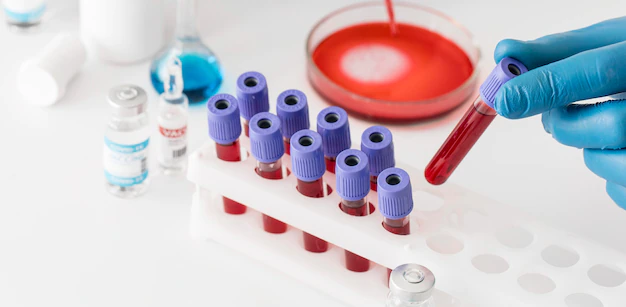Additional PSA Tests for Diagnosing Prostate Cancer

PSA (Prostate-specific antigen) testing is a widely used tool for the early detection of prostate cancer. However, PSA levels can also be elevated due to non-cancerous conditions such as prostatitis or benign prostatic hyperplasia (BPH). Therefore, additional tests are often used to help diagnose prostate cancer.
One such test is the digital rectal exam (DRE), where a doctor inserts a gloved, lubricated finger into the rectum to feel the prostate gland. If the prostate feels hard or lumpy, this may indicate the presence of cancer.
Another test is a prostate biopsy, where a small piece of prostate tissue is removed and examined under a microscope for the presence of cancer cells. A biopsy is usually recommended if a man has an elevated PSA level and/or an abnormal DRE.
In some cases, doctors may also use imaging tests such as MRI (magnetic resonance imaging) or ultrasound to help diagnose prostate cancer. These tests can provide detailed images of the prostate gland and can help doctors identify suspicious areas that may need to be biopsied.
It is important to note that the decision to undergo additional testing for prostate cancer should be made in consultation with a healthcare professional. The benefits and risks of testing should be carefully considered, taking into account factors such as age, family history, and overall health status.
